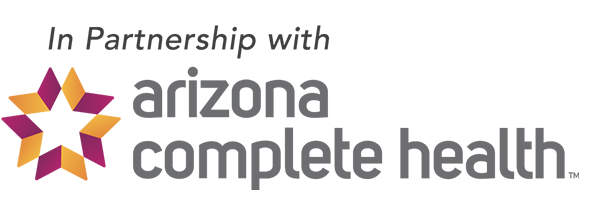SUMMARY:
The Chief Medical Officer’s (CMO) goal is to create a seamless environment where the clinical aspects of care delivery (i.e. PCPs, Care Center, Specialists) and the traditional “health plan” administrative functions complement each other in a care delivery model that avoids unnecessary hospital admissions and readmissions and promotes safe definitive care in the outpatient setting. This job has two distinct aspects that must be combined to facilitate successful outcomes.
Aspect #1: Clinical Leader CLIENT’s Clinics/Care Centers Time & Effort ~ 70%
Definitive Point of Need Care
(Advanced Urgent Care)
Physician Directed Case Management
(Chronically Ill/Frail Elderly)
Qualities
Strong clinical background (hospitalist)
High Energy
Resourceful
Relentless
Empathetic
Confident
Egoless
Qualifications
Several years of clinical experience, preferably as a hospitalist but definitely caring for chronically ill patients will multiple comorbidities.
Experience in supervising and motivating physicians as well as the ability to influence (read change) physician behavioral to affect successful outcomes in this unique environment.
-Medical Doctorate or Doctor of Osteopathy Degree required with appropriate Board Certifications or qualification and level of expertise typically gained through five years’ experience in clinical practice.
-Must be eligible for or hold a current state license to practice medicine and be eligible for medical staff privileges.
The CMO will be responsible for delivering a safe and effective clinical environment to achieve our goals
Staff
Hospital & Clinic Physicians
Clinic Nurses
Social Workers
Medical Technicians
Patient Administrative Support
Aspect #2: Oversight of Administrative Functions Time & Effort ~ 30%
Utilization Management
Case Management
Quality Improvement
Regulatory Compliance
Credentialing
Qualities
Strong/creative UM experience
Realistic approach to Case Management
Evidenced-based approach to QI
First-hand regulatory knowledge
Able to read and apply payor requirements
Qualifications
Three to five years’ medical administrative experience preferably with emphasis on Medicare Advantage members and Medicare rules and regulations. Experience in developing utilization protocols and supporting and motivating the clerical and nursing staff is important. Confidence in medical decision making and strong peer communication skills are a must.
-Medical Doctorate or Doctor of Osteopathy Degree required with appropriate Board Certifications or qualification and level of expertise typically gained through five years’ experience in clinical practice.
-Must be eligible for or hold a current state license to practice medicine and be eligible for medical staff privileges.
The CMO will have the supervisory and support staff necessary to carry out the administrative functions listed above.
Staff
Medical Director
Director UM, QI, Compliance
Nurse Managers
Field Nurses
Office-Based Nurses
Clerical Support Personnel
We offer a Competitive Salary & Bonus Potential package and a full range of benefits. You will report to the Chief Operating Officer who is responsible for Arizona Operations. You will have an opportunity to be on the cutting edge of health care delivery.
The information below was shared with our PCPs to describe what CLIENT will do in addition to the traditional administrative functions. We include it to give you a better understanding of our organization and concept.
Medical Home
We believe that the Medical Home is, in many settings, an aspirational goal that when achieved it will bring positive change to the delivery system and more importantly, enhance patient outcomes. Client (CLIENT) can add value to your already successful practice by providing the complementary services that create the Medical Home environment without additional cost to the practice.
- Physician Directed High Risk Case Management
- Point of Need Care
- Transitional Care Responsibility
- Specialty Consultation Assistance
Physician Directed High Risk Case Management. In general, the current Primary Care Practice model works well for the better than 90-95% of patients. Many have chronic diseases that are relatively stable and occasionally have acute self-limiting illness that needs your attention. It is the 5-10% that have multiple comorbidities some out of control, poor health habits, socio-economic barriers to care that need more time and more care than the routine primary care practice can provide. This is indictment of the primary care practice but rather the complications of the delivery system and compensation models that make extending this level of care virtually impossible.
We want you to feel comfortable referring these more difficult patients to us for a short duration. Our primary care physicians will quickly get up to speed on your most complex patients and work with them on a daily basis if necessary to return them to the best level of health possible given their circumstances and return the patient to your practice for follow-up care. We keep you, the primary care leader, in the loop during the complex care episode through bi-weekly patient conferences with the CLIENT physician. Additionally, our case management staff will schedule appointments, conduct patient education, monitor clinical indicators, optimize prescription drug access and compliance and eliminate barriers to receiving good care. It’s almost like sending your patient to an intensive care management spa to get their health back in balance.
Transitional Care Responsibility. We will take ownership of the patient when you hand them off for hospitalization, SNF or Home Health care. Our hospitalists will provide impatient and SNF care responsibility. Our care management nurses and technicians will assess, educate, and coordinate all transition activities. Most importantly, we will follow-up with each patient to make sure that the care plan is working and adjust the plan to insure optimal success.
Specialty Coordination Assistance. Keeping with the medical home concept, we believe that you, the primary care provider should have a high degree of influence in helping the patient make the right decision. We will select preferred specialists that will give objective opinions on treatment options and refer the patient back to you with information that allows you to help the patient make the best decision.
Comprehensive Health Assessment. We believe that an annual comprehensive health assessment allows the PCP and CLIENT’s extended care team to develop a better plan of care that will result in better outcomes. We have developed a tool that will document the patient’s condition and serve as the basis of the on-going care plan. This care plan will also be the basis for submitting data to CMS for appropriate risk score coding. This will be an important factor in the Provider Incentive Program
This description is intended to describe the essential job functions, the general supplemental functions and the essential requirements for the performance of this job. It is not an exhaustive list of all duties, responsibilities and requirements of a person so classified. Other functions may be assigned and management retains the right to add or change the duties at any time.
















